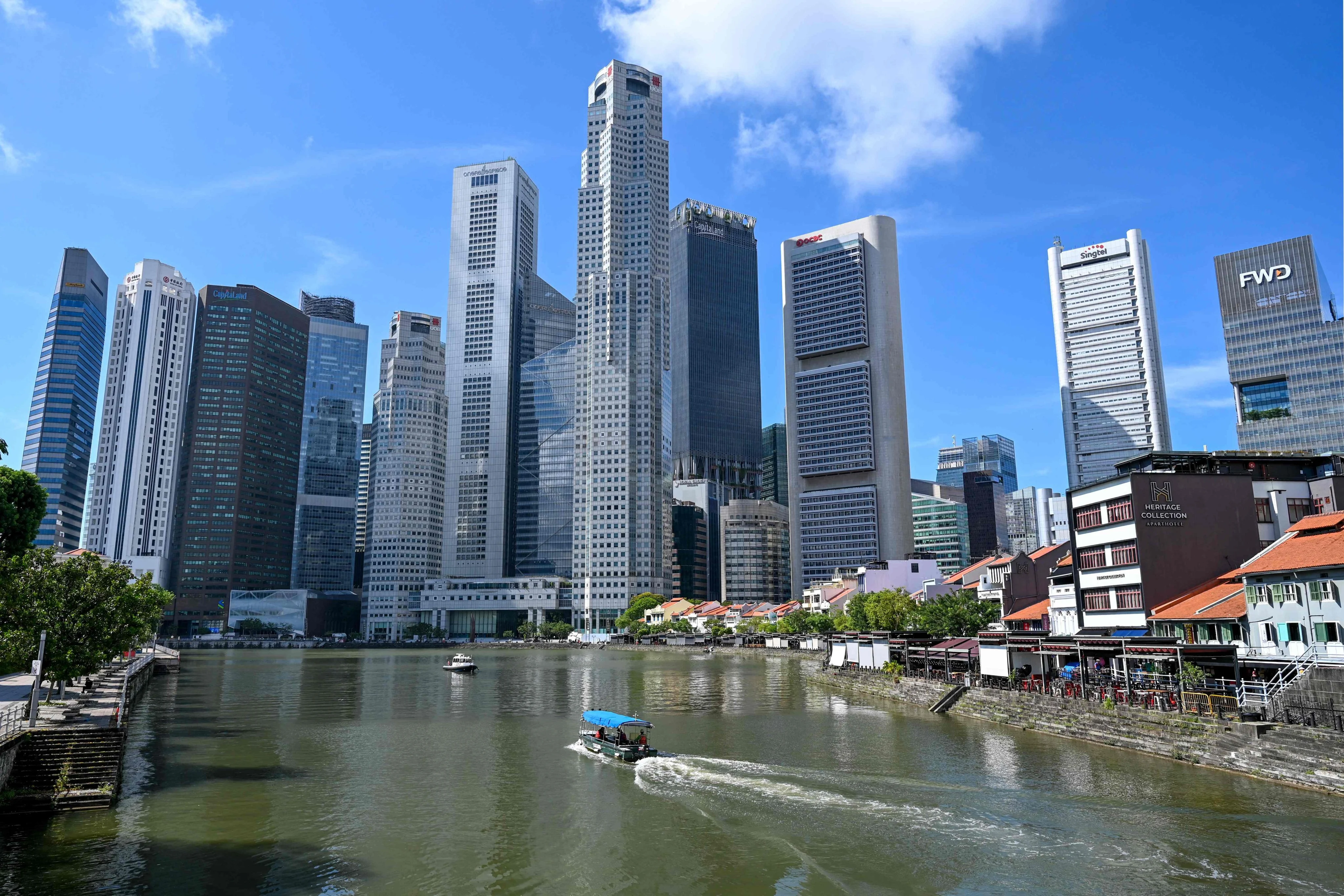By Jean Iau
Copyright scmp

The rate of Chinese wealth entering Singapore through family offices is reportedly slowing, but observers say the financial hub is not expected to lose out substantially as long as it can continue to attract the right kind of money.
Last week, American business news outlet CNBC reported that Singapore’s attractiveness as a wealth hub was weakening, with applications from Chinese clients to set up family offices or relocate wealth to the city state currently dropping by 50 per cent compared with 2022, according to data from a firm.
The report cited concerns from the well-heeled over invasive anti-money-laundering checks and more onerous requirements for permanent residence and tax incentives. It noted the comparative ease of setting up shop at other destinations such as Hong Kong, Dubai and Japan.
Single-family offices are one-stop firms that manage the finances of the wealthy.
The number of single-family offices in Singapore has been climbing over the past few years, according to official data. There were more than 2,000 last year, an increase of above 40 per cent from 1,400 at the end of 2023 and from 1,100 in 2022. There is no publicly available data on the offices’ origin countries.
In the wake of the S$3 billion (US$2.4 billion) money-laundering bust in Singapore in 2023, where 10 people from Fujian, China, were hauled to court for using their ill-gotten gains to live lavish lifestyles in the city state, the Monetary Authority of Singapore has tightened anti-money-laundering regulations.
These include extending the scope of due diligence checks to a wider group of individuals and entities associated with family offices applying for tax incentives in Singapore and appointing firms to conduct money laundering checks on applicants.
‘Perfect balance’
Kenneth Pereire, managing director of KGP Legal, which advises high-net-worth clients on permanent residency in Singapore, explained that Chinese family office investors were always looking for a “one-stop shop” offering a hassle-free set-up process.
“We have seen many Chinese family offices getting frustrated with the onboarding process alone and sometimes even refusing to cooperate in providing the requested information and then abandoning the project altogether while looking for easier markets to set up shop,” Pereire said.
He added that the drop would affect the local economy in the short term in the form of tax revenue gained from family offices, as well as fees earned by professional services firms, but there would still be other sources of tax income for Singapore.
Pereire argued that the country needed to find a way to impose anti-money-laundering measures without impeding business efficiency. “So far, Singapore has not found the perfect balance on this, and this is driving businesses away.”
Tan Woon Hum, partner at Shook Lin & Bok, said while his law firm had noticed fewer inquiries and instructions from Chinese family offices since the S$3 billion scandal, business was returning, and the quality of clients had improved.
“They are larger in terms of assets under management, more committed and taking a more proactive and long-term approach. They are coming here for various reasons, including for all that Singapore stands for and continues to stand for,” Tan said.
According to him, the pull factors for the city state include its status as an independent international financial centre with sociopolitical stability, a strong asset and wealth management ecosystem, an independent judiciary and a bilingual workforce.
Tan said that the enhanced measures could make Singapore more attractive to the right investors with good intentions, who park some of their assets and wealth and their family office professionals here.
Singapore’s competitive advantage lies in being the jurisdiction with integrity
Adrian Tan, fractional marketing leader
“Those that are reactive to policy changes, seeking short-term objectives, or looking to park money here for the wrong reasons will, of course, find it untenable to be in Singapore, and they may look elsewhere.”
He noted that none of Shook Lin & Bok’s clients had left nor indicated plans to leave Singapore. His firm had also seen interest for family offices from Greater China, Europe and Indonesia. Tan did not disclose the firm’s number of Chinese clients, citing confidentiality concerns.
“Given the geopolitical tensions and the continued East-West tensions, Singapore remains attractive for the astute family offices which are looking for a good, stable, long-term solution, where the country remains a friend of the East and a friend of the West,” he said.
Thong Chee Kun, co-head of fraud, asset recovery and investigations at Rajah & Tann Singapore, stressed that the restrictions did not apply just to Chinese wealth and they were similar to those in Britain, Switzerland and Hong Kong. “It’s just about bringing us to a level that is both compliant and efficient.
“The policymakers are consistent that it isn’t about growth at all costs, we’ve still got to be compliant. In the first place, what attracts these family offices who come here is a safe and efficient environment, so if checks are properly done, then they ought to give family offices a sense of comfort going forward as well,” he added.
In a social media post on the CNBC article, Adrian Tan, a fractional marketing leader, argued that greater scrutiny was welcomed.
“Sometimes losing the wrong clients is actually winning. Just a thought from someone who believes sustainable wealth beats suspicious wealth, even if it means fewer Lamborghinis on Orchard Road.”
He told This Week in Asia: “Singapore’s competitive advantage lies in being the jurisdiction with integrity – attracting higher-quality, more stable wealth that doesn’t disappear overnight when investigations begin.”



